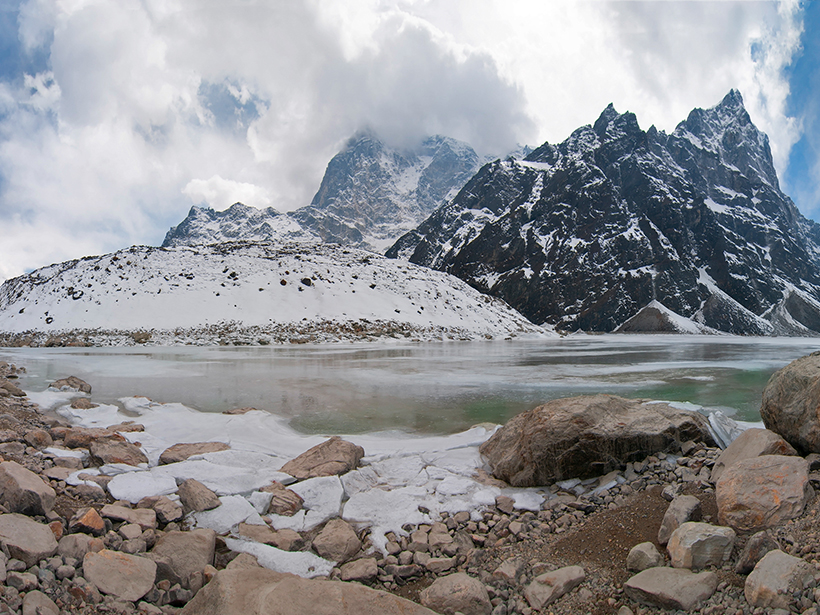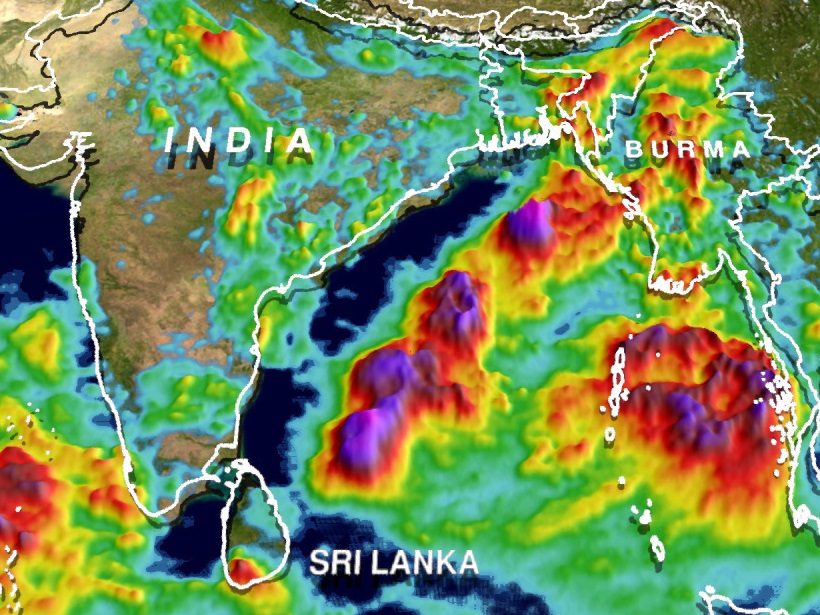Lightning is a symptom and a cause of climate change. A recently established task team is working to make lightning data available and useful for climate science and service applications.
extreme events
The Benefits and Vulnerabilities of a Warming Europe
Scientists evaluate the economic and environmental impacts of a warmer climate on European countries, finding a range of effects on tourism, electricity demand, and ecosystem production.
Are We Prepared for the Next Mega Eruption?
The frequency of eruptions with a Volcanic Explosivity Index of 7 is only one or two per thousand years but we cannot afford to be complacent.
After Obliteration, How Long Until Life Returned?
By studying the Chicxulub crater associated with the extinction of more than 75% of species then on Earth, researchers have begun to fill in a timeline for life’s rebound after the cataclysm.
Hurricane Irma Tears Across Caribbean, Heads to South Florida
Florida residents prepare for potentially catastrophic winds and flooding.
A Diary of a Storm
When Hurricane Harvey struck Texas more than a week ago, an Eos staff editor based in Houston hunkered down. Here’s her day-by-day account of the storm and its aftermath.
Climate Change Indicators Are Not Enough
Extreme events capture the public’s attention, but gradual climate shifts will more profoundly affect civilization and life on Earth. Scientists must get better at conveying this to the public.
How Does Changing Climate Bring More Extreme Events?
The editors of a new book describe how and why weather and climate phenomena are intensifying with climate change.
Probing the Power of Pacific Supertyphoons
Despite higher than normal surface temperatures and heat contents of ocean waters where the storms developed, evidence is lacking that global warming is revving them up.
Predictive Capability for Extreme Space Weather Events
Workshop on Modeling and Prediction of Extreme Space Weather Events; College Park, Maryland, 22–24 August 2016










